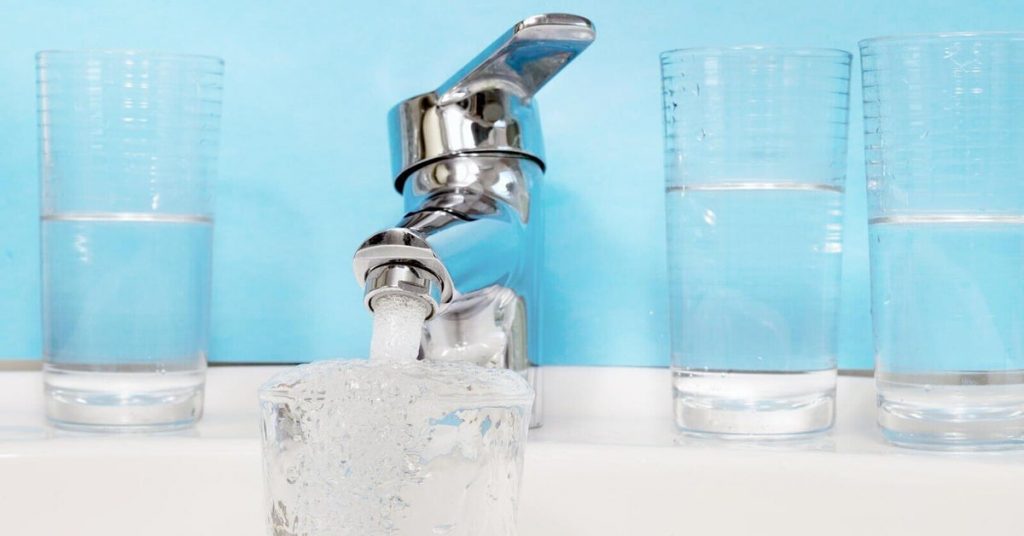
Did you know that over 2 million Americans struggle with access to clean drinking water? Choosing the right water filter can help ensure your water is safe and healthy. This article will uncover essential insights into selecting the best drinking water filter for your home.
Access to clean drinking water is a fundamental human right. However, millions of Americans face challenges in ensuring their tap water is free from pollutants. With rising concerns about water contamination from chemicals, heavy metals, and microorganisms, investing in a reliable drinking water filter is a wise choice for many households. This article discusses different types of water filters, their functions, and essential factors to consider when selecting the right system for your home. We’ll also cover common contaminants found in tap water and practical tips to maintain your system once you’ve made your choice.
Before diving into the different types of filters, it’s essential to understand what heavy metals, bacteria, and chemical residues might be lurking in your tap water. According to the Environmental Protection Agency (EPA), common contaminants include lead, chlorine, and nitrates.
Lead often leaches into water from older pipes and fixtures. Even small amounts of lead can be harmful, particularly to children. Chlorine, while used to disinfect, can result in unpleasant tastes and smells. Nitrates, primarily from agricultural runoff, can pose health risks, especially to infants. Knowing these contaminants helps consumers choose the right filter based on their specific water quality issues.
There are several types of drinking water filters, each designed to tackle specific contaminants. Some of the most common types include:
- Activated Charcoal Filters: These use activated carbon to remove chlorine and improve the taste and odor of water. They can capture other chemicals but may not eliminate heavy metals. Common in pitchers and faucet-mounted filters, they’re easy to install and maintain.
- Reverse Osmosis (RO) Systems: These filters use a semi-permeable membrane to remove a range of contaminants, including heavy metals and even some pathogens. While effective, RO systems waste some water during the filtration process and can be more complex to install.
- UV Filters: Ultraviolet light systems are designed to kill bacteria and viruses without using chemicals. However, they are primarily effective against microorganisms and do not remove chemical contaminants. These systems work best in combination with other types of filters.
- Whole House Filters: Ideal for those wanting purified water from every tap, these systems treat all water entering the home. While more expensive initially, they provide long-term benefits by reducing exposure to chemicals and hard water issues throughout the house.
When shopping for a drinking water filter, several key features should guide your decision. First, confirm the filter’s certification and effectiveness. The National Sanitation Foundation (NSF) and the Water Quality Association (WQA) certify products for performance, so look for these labels.
Second, filter life and maintenance requirements are essential. Some filters require regular replacements, while others might need minimal upkeep. Knowing the expected lifespan of a cartridge or system will help you budget for ongoing costs.
Third, assess the flow rate of the filtration system; it determines how quickly you can access filtered water. If your household has high water consumption, consider systems with a strong flow rate to meet your needs without tedious wait times. Lastly, think about space requirements. Systems like under-sink RO installations require adequate space, while pitcher filters can fit easily in your refrigerator.
Investing in a water filter isn’t just about the initial cost of the system; it’s also about understanding long-term expenses associated with maintenance and replacements. Prices vary widely, from budget-friendly pitcher systems to high-end whole-house setups.
Generally, pitcher filters range from $20 to $50, while faucet-mounted filters can cost anywhere from $30 to $150. Reverse osmosis systems typically start around $200 and may go up to $1,000. Although cheaper options might seem appealing, they often require more frequent replacements and may not deliver high-quality filtration. Evaluating cost versus performance helps you make a sound investment. Additionally, consider whether an installation fee is necessary for complex systems. It’s also wise to check if filters are readily available, as sourcing replacements can incur hidden costs.
Achieving optimal performance from your drinking water filter requires regular maintenance. Most filters come with manufacturer recommendations regarding replacement schedules. Following these guidelines not only ensures the effectiveness of the system but also extends its lifespan.
Keep an eye on any changes in water taste or odor, as they can indicate the need for a filter change. Some systems are equipped with indicators that signal when it’s time to replace the cartridge. It’s also essential to clean any dispensers or faucet mounts regularly to prevent contamination and bacterial growth.
Lastly, consider testing your water annually, especially if your municipal water supply changes or there are construction projects nearby. Home testing kits are available that can check for common contaminants. This ongoing evaluation can help you determine the efficiency of your filter and guide any necessary adjustments.
Choosing the right drinking water filter is crucial for ensuring your water is pure and safe. By understanding the types of contaminants present in your tap water, selecting an appropriate filtration system, and committing to regular maintenance, you can significantly enhance your drinking water quality. With a range of options available, from pitchers to whole-house systems, there’s a solution to fit every need and budget. Regularly testing your water can also ensure that your filter is performing optimally, keeping you and your loved ones healthy. Empower yourself with information and prioritize your drinking water quality today.